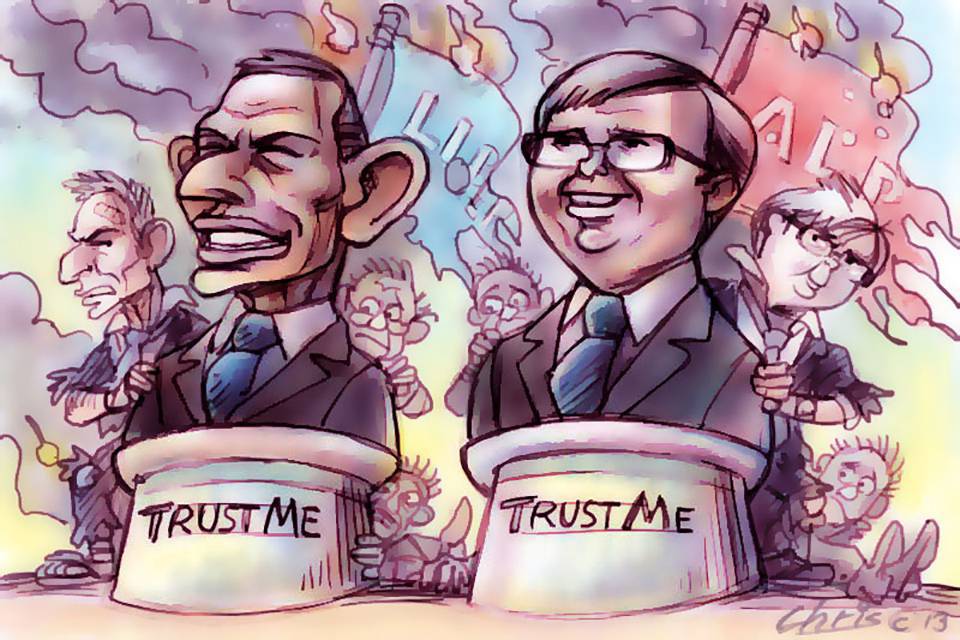Lebanon's Prime Ministerial Vote: A Political Tightrope
Lebanese President Joseph Aoun is consulting lawmakers to appoint a new prime minister. The main contenders are current PM, Najib Mikati, and ICJ President Nawaf Salam. This decision follows Aoun's election, aiming to restore government institutions and tackle a range of economic and security challenges.

Lebanese President Joseph Aoun has initiated discussions with parliamentarians to choose a new prime minister, in what sources describe as a heated contest between current PM Najib Mikati and Nawaf Salam, President of the International Court of Justice. This step follows Aoun's election after a pivotal power shift in the region.
Aoun, backed by the U.S. and Saudi Arabia, will appoint the candidate with the broadest parliamentary support. By day's end, a frontrunner is anticipated to emerge. Per Lebanon's sectarian political system, the prime minister must be a Sunni Muslim, while the presidency is reserved for a Maronite Christian.
Both the Hezbollah-supported Mikati and anti-Hezbollah backed Salam have factions aligning behind them. The outcome notably hinges on support from key Lebanese political groups amid ongoing regional influences. Meanwhile, Aoun's election marks a step toward reactivating Lebanon's long-stalled governmental functions.
(With inputs from agencies.)
ALSO READ
Ex-Army Man Faces Indictment for Hezbollah Support
Escalating Tensions: Israeli Forces Target Jabalia and Hezbollah
Israeli Military Strikes Hezbollah Rocket Launchers
Fragile Ceasefire Holds Amidst Tensions: The Israel-Hezbollah Truce
Tense Ceasefire Holds Between Israel and Hezbollah Amidst Ongoing Violations










